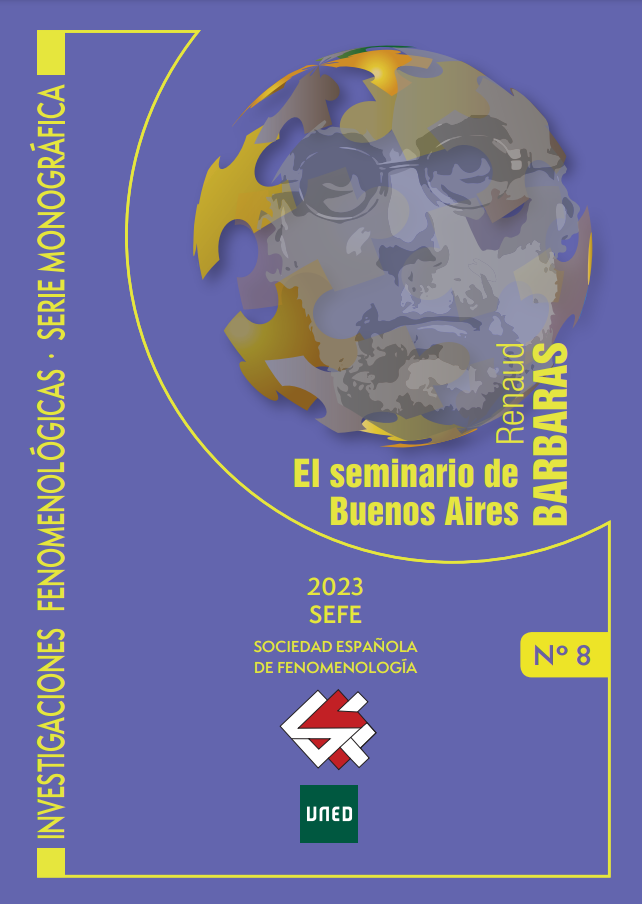Losing and Recovering the World. Toward a Non-Gnostic Phenomenology
DOI:
https://doi.org/10.5944/rif.8.2023.38064Keywords:
Phenomenology, Realism, Modernity, Chandos, BarbarasAbstract
In Métaphysique du sentiment, Renaud Barbaras contrasts a theory of love and the superabundance of being – which phenomenalizes itself without ever exhausting itself – with an acosmic tendency of existentialism – according to which phenomenalization begins when the human is snatched away from absorption in what simply is. On the other hand, Barbaras develops a theory of the human exile, this time using all the codes of the myth of separation. This paper analyzes the strong tension in Métaphysique du sentiment between a Plotinian line and an opposite, Gnostic line. It shows that this tension is only another expression of a fundamental and recurrent pattern in modern and contemporary philosophy, for which I have coined the name of the Chandos complex. This complex manifests itself in the attempt to hold together, in an inevitably staged and deceptive way, the narrative of a supposedly blissful continuity between human and nature and that of the pathetic rootlessness that separates subjects from nature. We also find this complex in a certain ambiguity of Merleau-Ponty’s theory of the flesh. In the Buenos Aires Seminars, however, Barbaras outlines an alternative path, which will be the focus of L’appartenance, and which will allow us to overcome this modern Chandossian narrative. To achieve such an overcoming, this paper proposes to define being as a proliferation of diverse and already poetic processes of individuation.
Downloads
Downloads
Published
How to Cite
Issue
Section
License
Copyright (c) 2023 Investigaciones Fenomenológicas

This work is licensed under a Creative Commons Attribution 4.0 International License.
![]()
Reconocimiento (by): Se permite cualquier explotación de la obra, incluyendo una finalidad comercial, así como la creación de obras derivadas, la distribución de las cuales también está permitida sin ninguna restricción.







